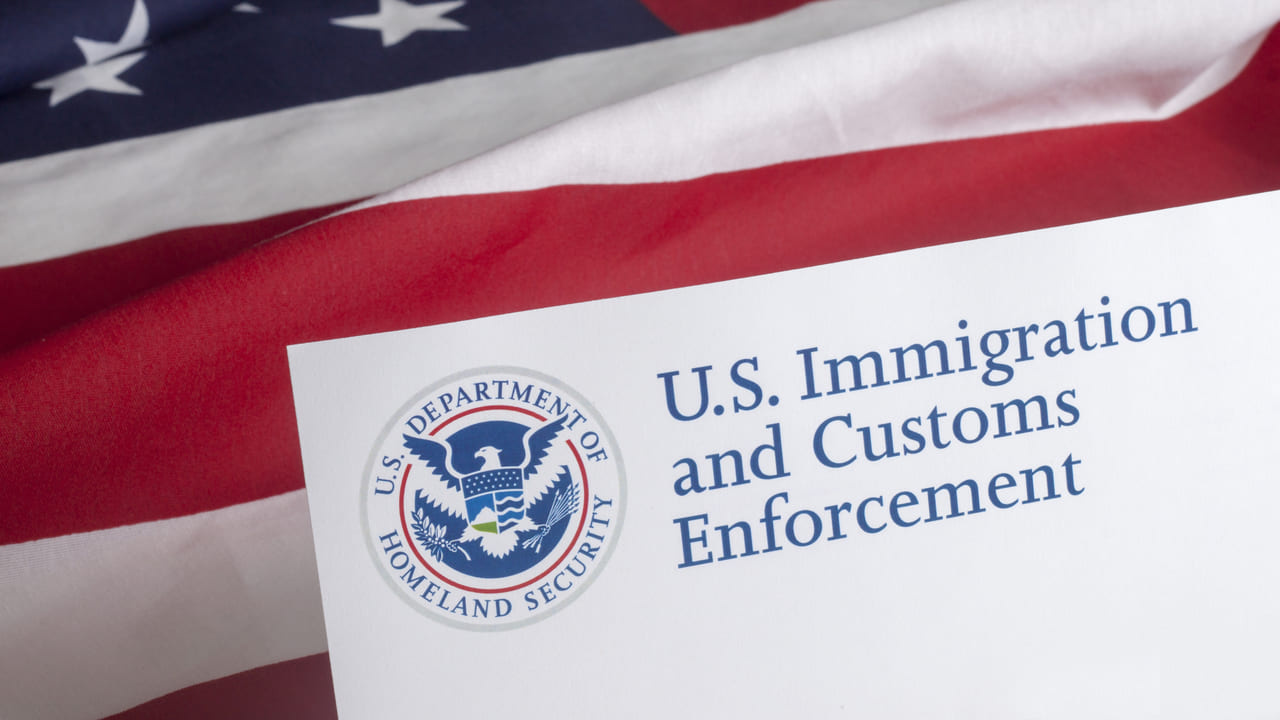To eradicate the opioid crisis, federal response efforts are intensifying as agencies ramp up resources to combat the Dark Net and international sources of illicit drugs. The U.S. Immigration and Customs Enforcement (ICE) has noted that the rise of e-commerce has made the battle against opioids more difficult. Anyone with internet access can successfully place …
Federal Response to the Opioid Crisis Grows

To eradicate the opioid crisis, federal response efforts are intensifying as agencies ramp up resources to combat the Dark Net and international sources of illicit drugs.
The U.S. Immigration and Customs Enforcement (ICE) has noted that the rise of e-commerce has made the battle against opioids more difficult. Anyone with internet access can successfully place orders from their living rooms without going into the streets.
ICE personnel cite the 200,000 Americans who have died from fentanyl overdoses. Fentanyl is 50 times more lethal than other major opioids—50-100 times deadlier than heroin and morphine. Experts note that just one kilogram of fentanyl can produce over a million doses.
To combat the opioid crisis, federal agents like Greg Nevano are spearheading the charge. He is ICE’s Homeland Security Investigations (HSI) Deputy Assistant Director of the Illicit Trade, Travel and Finance Division. Nevano warns that drug users nowadays “get their fix just by ordering it online for much cheaper and get a more potent dosage.” The drug pusher on the street, whom the law would normally target, is largely a thing of the past.
Fighting the Opioid Crisis
One thing has become clear as agency personnel battle this epidemic. Law enforcement can’t handcuff the country out of their opioid addictions. An educated public and an engaged community are crucial partners to tackle trafficking head on.
President Donald Trump has been active in combatting the crisis. He declared illicit opioids a national public health emergency back in October 2017. The president directed ICE to increase the number of agents and resources on the fentanyl field and to stop the flow of drugs into the country.
An International Reach
The rise of fentanyl in the United States can be traced back to China’s chemical and pharmaceutical industries. These offshore companies manufacture copious amounts of drugs to export to the west with little regulatory oversight. ICE’s role is to cut off the illicit opioid trafficking from China and other nations from reaching American shores.
However, state and local officials don’t always have funding and resources to sustain the scope of the war against opioids. Here is where federal partners like HSI are brought in. Tripling HSI resources in heavily hit regions like Ohio helps law enforcement by providing crucial operational support and experts. The more resources put toward battling the crisis, the better the outcome for communities most affected by opioids.
What’s Next?
To battle the opioid crisis, federal response is vital. HSI personnel team up with state and local partners to maximize its impact on transnational crime organizations operating within U.S. borders.
As is often the case, the solution to the problem lies in banding together as a nation to finally eliminate opioids from local communities.
Find NA Meetings Near You
As the government response continues to cut illicit opioids from their source, users can also do their part to turn their backs on drugs.
Take the first step by looking for NA meetings in your area or call 800-934-1582(Sponsored) today.
the Take-Away
